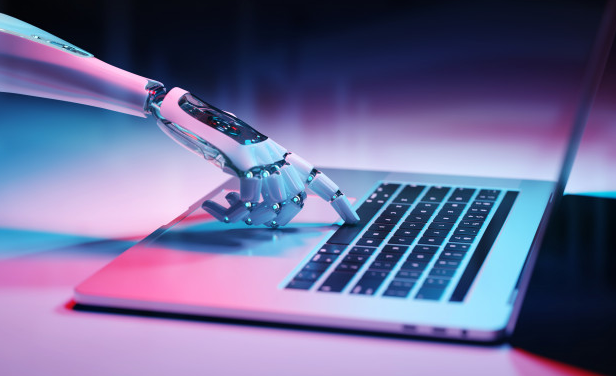A forever evolving tech, here’s how AI can and will be seen adding value to corporate audits.
Artificial intelligence (AI) is the manifestation of human intelligence, which augments human judgment/ behaviour through computer-aided programs on one part and replicates rule based human actions through robotic process automation (RPA) technology on the other part.
AI programming focuses on three key skill-sets viz. learning, reasoning and self-correction while entailing constructive application of information-based technologies that allow computer systems to perform key functions which generally require human intelligence, such as visual perception, speech recognition, expert systems, natural language processing, machine vision, and decision-making.

Machine learning (ML) is the use of statistical techniques to enable computers to detect patterns or apply known rules to forecast end-results, identify gaps and determine corrective remedial action. ML is useful for internal auditors in the identification of patterns and trends from big data and provides key insights to support enterprise-wide risk assessment, scoping, sub-population identification, issue identification, quantification of reported observations, etc.
Deep learning (DL) attempts to customize computer systems to function as human brains by teaching machines to learn by example and make righteous/rational decisions on their own using the technologically advanced interface.
Natural language processing (NLP) entails the application of machine in-built linguistics enabling computers to understand and interpret languages humans speak, including speech recognition and written word identification.
Machine vision is the ability of computers to identify and extract critical information from images including pictures and videos.
RPA automates tasks/activities in a workflow, however, it may not automate full end-to-end processes. Converging AI with RPA enables businesses to automate complex, end-to-end processes integrate predictive modeling into these processes to help humans optimize their time and efforts thereby ensuring completeness and correctness of the final output.
AI AND ITS VALUE CREATION FOR INTERNAL AUDIT

Internal audit teams have already commenced the application of ML to various areas with high probability of fraud risk such as procurement, manual journal entries, travel and entertainment, scrap sales etc.
While AI tools assist internal auditors to predict, identify and even remediate process gaps before they translate into actual incidents, NLP is being be used to scan large volumes of critical source documentation such as customer contracts, borrowing agreements and other sources of unstructured information such as technology-related service level agreements, combine with other AI components (such as ML, DL, and RPA) to categorize source documents according to nature, type and intended purpose for extracting pertinent data and performing data analytics.
AI applications deliver value impact by alleviating the burden of laborious manual driven internal audit processes and provide significant risk and governance insights, wherein internal auditors can be at the forefront of delivering strategic suggestions to the board. Further, the ability to perform critical analysis of big data in quick succession using algorithms and AI applications enables internal auditors to perform more comprehensive audits. Entities having installed cutting-edge AI technologies also have a better chance of attracting the industry’s best talent of leading professionals.
THE BOTTOM LINE IS…
While AI is the way forward for the internal audit profession, the technology comes with some ethical considerations being developed using a human interface. There may be real-life situations wherein AI can become unpredictably biased, may make racial judgments based on certain common facial characteristics and by virtue of gathering personal data from multiple sources including an individual’s financial status, credit status, education, likes and dislikes may be used to profile certain groups for mala fide intent.

Internal auditors must understand AI basics with the objective of identifying AI risks and opportunities to potentially avert such scenarios. To meet these challenges, internal auditors should leverage the existing risk management framework to deliver systematic, disciplined methods to evaluate and improve the effectiveness of risk management, control, and governance processes related to AI.
As a result, future internal auditors will become highly technical professionals and perhaps trailblazers in this new and amazing technology.

Disclaimer: This article is authored by Tarun Kher (Partner, MGC Global Risk Advisory LLP). The views and opinions expressed in this article are those of the author’s and do not represent those of PEAKLIFE.
Picture Credits: freepik.com












